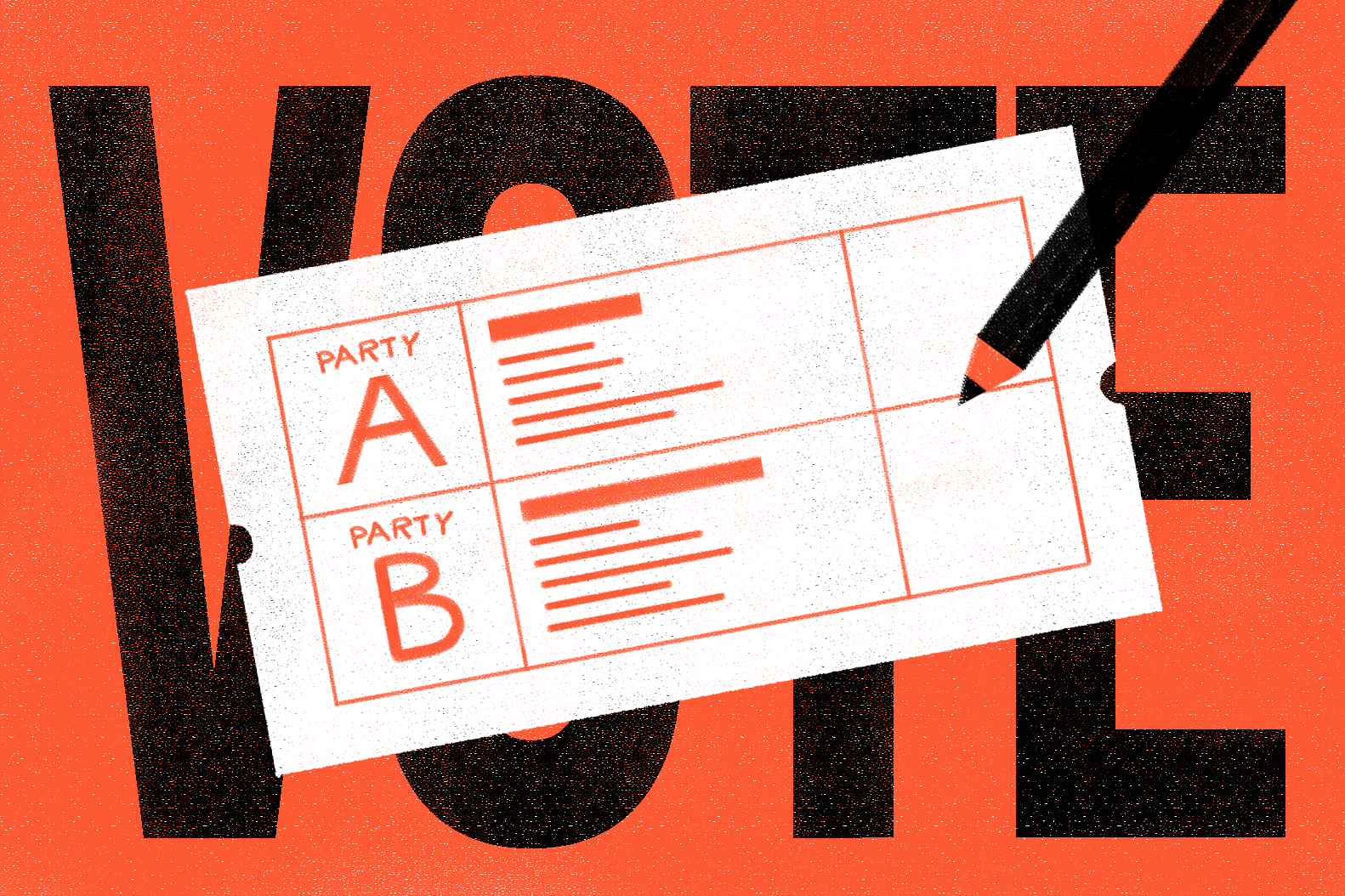“I’m going for breast removal surgery.”
My heart stopped. I tried to read the following messages to see if anyone else in the group chat was fazed by my friend’s announcement. No sign of that.
Then came the next message: A photo of my friend in the hospital.
The surgery was scheduled for that day itself.

I should have seen this coming.
Growing up together, I barely remember my friend looking like a girl. Ever since she learnt the power of choices as a kid, she was always dressed in sweaters and jeans with a boy’s haircut. People who didn’t know her would think that she was a guy.
Back then, these things didn’t matter to me. We were just kids, and I saw her way of dressing as part of her preferences. She was still who I knew her to be, even under the baggy clothes and short hair.
Years later, she came out to me as a lesbian. I was surprised but not shocked.
Surprised because I never once made any assumption about her identity based on her dressing – not even when others raised speculations about her.
At the same time, I wasn’t shocked because I guess I could see where this came from if I looked hard enough.
Subsequently through the years, she informed us that she had legally changed her gender and name. She had also started taking hormonal pills, which changed her voice and affected her hair growth.
But still, that couldn’t prepare me for her transition surgery.
I remember the first time I had to face my friend as a male.
My friend was living overseas, so a lot of what I knew had happened was based on hearsay from other friends. It was perplexing for me because I realised that as my friend went through a transition period, I too had to transit as well.
Can we still hug? Can we sleep in the same room, on the same bed like we used to? Should I observe the usual guy-girl boundaries?
All sorts of worries flooded my mind. I remember standing at the door – the last remaining barrier between us – and repeatedly reminding myself to smile. Smile, smile, smile. No matter what. Smile!
And so, I did. I opened the door and smiled. My friend broke into a grin and pulled me into a hug.
And just like that, I felt as if everything and nothing had changed.
I don’t mean to say that our biological sex doesn’t matter. It does! The surgery would be pointless otherwise.
Yet I was also surprised to find how familiar my friend was, with all the same quirks and preferences.
That was when I understood why even after all those years, I never saw the transition coming. Because I’ve always seen my friend beyond any labels and loved the person on the inside, not the outside.
I still love my friend like I used to, but that doesn’t mean I agree with the surgery.
A part of me always wondered how it would be possible to love someone while disagreeing with them on such a difficult issue steeped with delicate emotions and differing values.
But I realised that when you love someone, the issue is not so much about what’s permissible, but what’s beneficial.
I see my friend’s pain, and I fear that going under the knife would not solve these struggles but exacerbate it.
We have all experienced self-rejection at some point in our lives:
- In search of self-acceptance, we can give our bodies away for love.
- In search of self-acceptance, we can push our bodies to its limits.
- In search of self-acceptance, we can even be somebody we are not.
From eating disorders to low self-esteem to feeling like a fake in life, we know what it’s like to not like ourselves. To hide, to reject, to change parts of ourselves.
“I can’t change my mind, so I have to change my body,” was what my friend told me.
But it’s never that simple, isn’t it?
My friend shared with me that a recent relationship ended because she confessed that she was a female. Back then she had yet to legalise her gender change even though she identified herself as a male.
My heart was torn because I know how painful it is to be rejected by someone you love.
And for my friend, this rejection hurt even more because the person she loved was essentially rejecting the identity that she had painstakingly created.
It was double the rejection, double the humiliation and double the pain. As much as biological sex mattered enough to my friend to want the surgery, it mattered to her partner as well.
I worry about my friend. I worry about the invasive nature of gender reassignment surgeries. I worry that this may not be what my friend needs. And I worry that my friend is asking for acceptance from the wrong people.
Because the road to self-acceptance isn’t so much about doing away with the parts of ourselves that we dislike, but learning to love the parts even we hate.
My dearest friend, I’ve never stopped loving you and I hope you’ll one day come to love whom you’ve been created to be.
Because while we’re all looking for acceptance from others, what we truly need at the end of the day is acceptance from ourselves.
The author’s name has been changed for confidentiality.
- Are there parts of yourself that you find hard to accept and love?
- What does identity mean to you?
- What does it look like to love someone even when you disagree with their choices?









